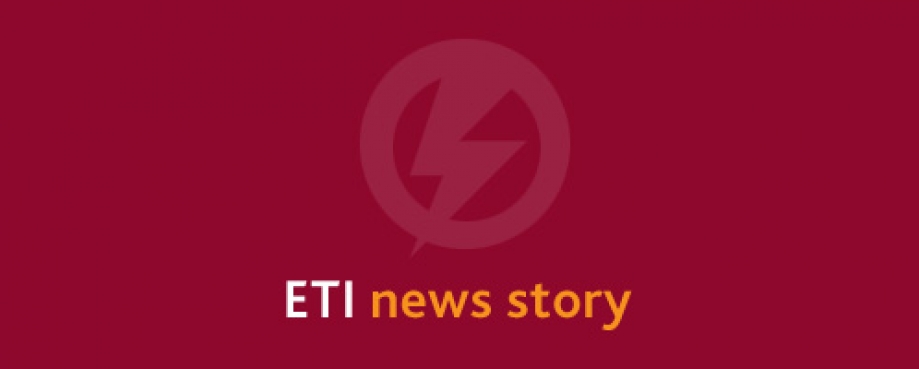
Recent news stories have investigated the conditions within which Olympic and Paralympic branded team kits have been produced, calling into question labour practices in some supplier factories in Indonesia.
We commend the London 2012 organising committee (LOCOG) for their vision to make these Games the most sustainable yet. While LOCOG is not one of our members, they have signalled this commitment by adopting our Base Code, an internationally recognised labour code.
The ETI Base Code sets out a number of areas where worker rights must be protected, including the payment of a living wage, safe working conditions and freedom of association. But adopting the Base Code is just the first step. For it to be truly effective, the code must be put into practice at all parts of a supply chain, from production through to point of purchase. This means having well-developed implementation plans, including strong channels for communicating with suppliers and robust auditing and reporting measures.
ETI members must adopt the Base Code in full and demonstrate commitment and continuous improvement over time. Members are also required to monitor and report year on year performance and improvements to working conditions on an annual basis.
While we applaud LOCOG's commitment to ethical trade, the allegations made by the press are serious. We encourage LOCOG to look at these closely, as part of its work to ensure its ethical trade commitment has the appropriate plans and actions in place.
